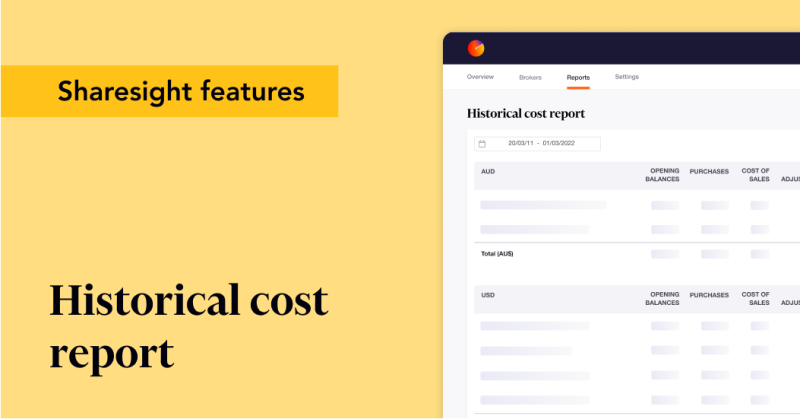Aussies are richer than us but are they smarter?
Maybe like me you think this is a pretty facile question but this will not stop comparisons between us and the Aussies – especially as the election draws nearer. There is no shortage of opinions on why the Aussies are ‘richer’ than us but I have not heard of anyone who has dared to suggest they are smarter – until now.
I believe a significant reason why Australia outperforms NZ economically is that Australians are much more actively engaged in their share market than we are. There are 7.3 million Aussies who own shares. This is around 10 times the number of share-owning New Zealanders in a country that has only 5 times our population. And each Aussie invests far more on average than we do. As I noted in a previous blog, history shows that in the long run shares provide the best return so the Aussies' willingness to invest in the share market creates a significant win/win/win for them.
The 7.3 million Aussies and their families who own shares win. Australian companies also win because the high level of share investment provides the equity that helps fund the rapid growth many of them achieve. And through this growth the Australian economy wins as well.
This makes the Aussies richer but does it mean they are smarter? Clearly, at least when it comes to the question of share ownership, the answer is a resounding “YES”. No ifs, no buts, no maybes, when it comes to understanding the value of investing in their share market Aussies are smarter than us -by about 200%!
I have not got time to discuss all the (spurious) reasons New Zealanders raise for not being more active share market investors. However one look at the graph below will go a long way to persuading you that whatever the reasons are, they simply do not stack up. I know the graph is 2 years out of date but this does not change the long-term story it tells. If the last 2 years were added the graph would show a further 18 months of rapid share market growth followed by a significant decline in the last 6 months.
The graph shows clearly that shares are more volatile and there are periods when you can sustain significant paper losses, but overall you are likely to end up well ahead if you take a long-term view. It’s true that history is no guarantee of future performance. But the wisdom of investing in the share market is supported by over 100 years of history and, in a world of uncertainty, I reckon that’s as good as you are likely to get.

Graph taken from publication by ING Australia. Data sources: ABN Amro, Reserve Bank of New Zealand, Quotable Value, Bloomberg.
Returns shown are in New Zealand dollars but do not take into account taxes, fees or inflation.
This information is not a recommendation nor a statement of opinion. You should consult an independent financial adviser before making any decisions with respect to your shares in relation to the information that is presented in this article.
FURTHER READING

Sharesight nominated for 2025 Wealth Tech Innovator of the Year
Sharesight has been chosen as a finalist in the 2025 Australian Wealth Management Awards, in the Wealth Tech Innovator of the Year category.

Prepare your annual accounts with our historical cost report
Sharesight's historical cost report is a powerful tool for investors who need to prepare annual accounts or financial statements with mark-to-market accounting.

Sharesight product updates – July 2025
This month's focus was on rolling out predictive income forecasting, as well as improved cash account syncing across different brokers and currencies.